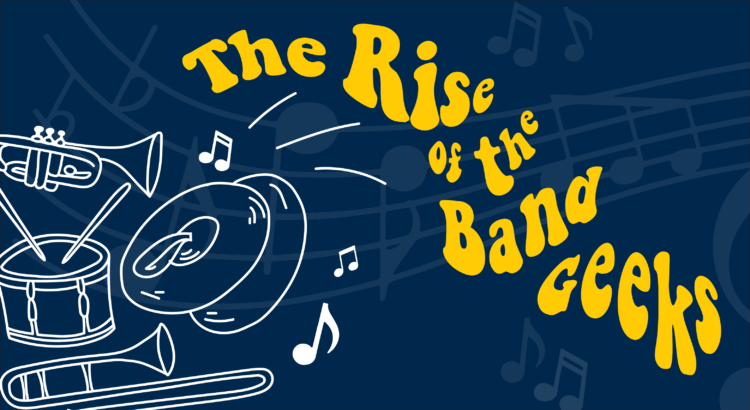-

An undisclosed photo of a soldier from the Army (source unknown). From the tumultuous tides that churn and swirl in a slurry we hailed / Prowling growlers and missiles of ice / That slosh in the slush of hushed currents / In frenetic eternity.
- Readily we traversed / The pulsating subsurface and tenuous night / The venous channels and crumpled paths / Under silent symphonies and sonorous skies / Until we found you.
- A subtle force, we convened / Upon the bristled surface below the fickle water-sky / Across the ground that sops up shrill water / Or rejects it, eschews it into whiteness / Scattered across the tensile blades / erupting from matted black nuggets.
- North of the end of the shifting stew we mounted / Our tuneful armor / Our wooden round shells hollowed by erosive war / Our skins stretched so finely clumsy flesh would rend / The precious surface before which we stewed / Our moldable bodies balanced securely between our vessels and our weapons.
- Kindred warriors deluded by our stillness / Fused with our minds and our spiral limbs / Their blurred hands and cylinder knives / Rounded blades that sluice and pound / The sparse depths into oblivion / Elevated us with their hastily wrought words and / Thunderous melodies.
- Laconic, we allowed / You to swarm around us intrigued by our plush plumpness and stitched-on jubilee / To accumulate in trickles and honey droves toward our piano demeanor.
- In this soft stupor we encased you / Ensnared you in stuffed cages / Choked you gently into piles of fluff.
- Now we breathe into your accordion lungs / We snuggle within your marimba memories / We wrap our tendrils round your cymbal hearts / We feed you / We cultivate you / We drive you toward the day when the city folds in on itself and the clouded day becomes our night / We whet our spongy forms against the steel and the temptation and the war chant / We fashion your limbs into brass weapons / Your voices into roars / We disassemble you and rewire you and arrange your valves in sinister permutations / We polish you until we are not of you but are you / Until the day when the stadium submits and all of you, all of you, answer to us. We are coming– for you.


